Home>Maintenance & Safety>Home Maintenance Checklists>How Heavy Can Your Trash Can Be
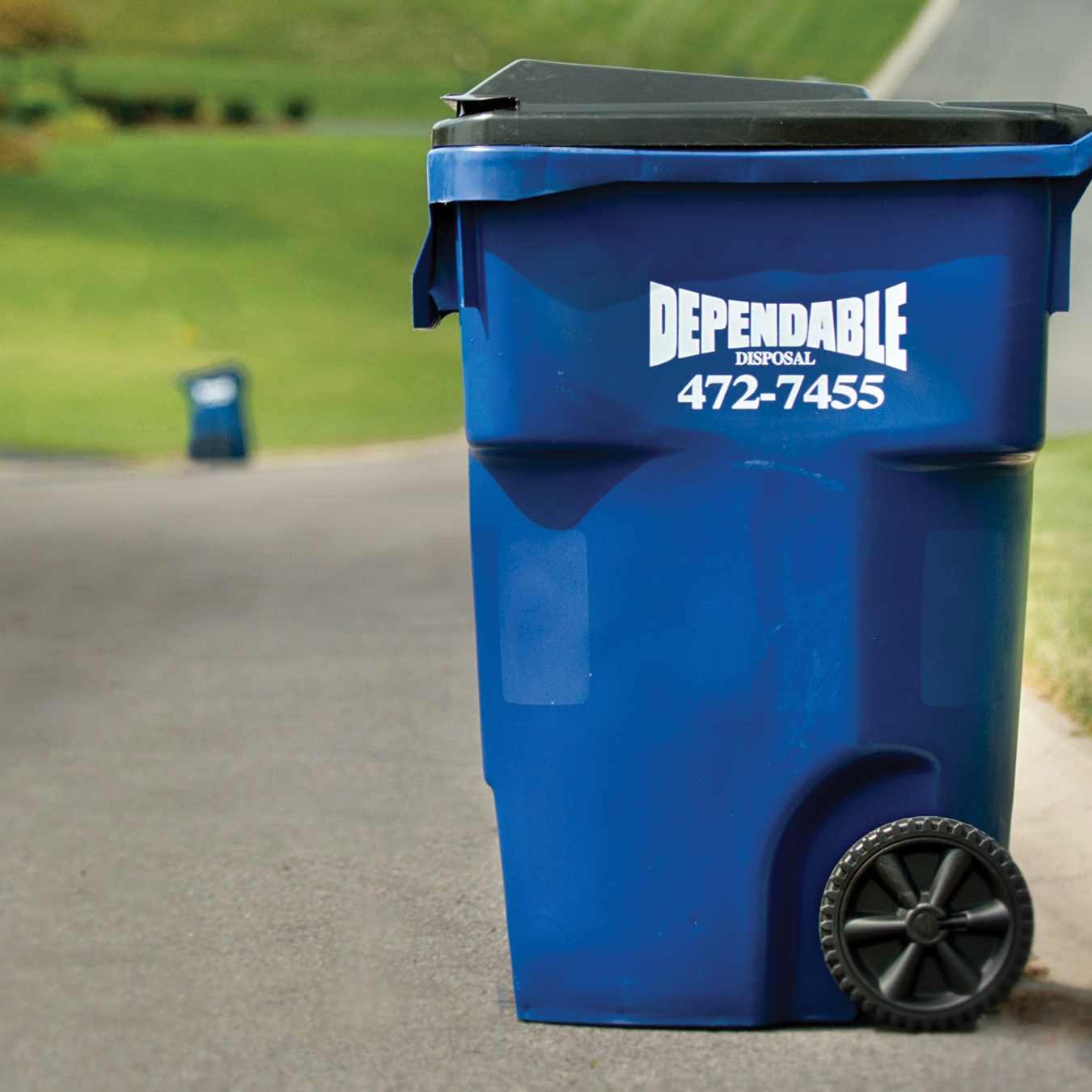

Home Maintenance Checklists
How Heavy Can Your Trash Can Be
Published: January 17, 2024
Learn about home maintenance checklists and find out how heavy your trash can be. Keep your home in top shape with these helpful tips.
(Many of the links in this article redirect to a specific reviewed product. Your purchase of these products through affiliate links helps to generate commission for Storables.com, at no extra cost. Learn more)
Weight Limits for Trash Cans: Managing Your Waste Responsibly
Introduction
When it comes to taking out the trash, most of us don't give much thought to the weight of the garbage we're tossing into our bins. However, understanding the weight limits for trash cans is crucial for both residential and commercial waste management. Whether you're a homeowner or a business owner, knowing the restrictions and consequences of exceeding these limits can save you from potential headaches and fines.
In this comprehensive guide, we'll delve into the weight limits for residential and commercial trash, explore the repercussions of surpassing these limits, and provide practical tips for effectively managing heavy trash. By the end of this article, you'll be equipped with valuable insights to ensure that your waste management practices align with regulatory guidelines and best practices.
So, let's roll up our sleeves and dive into the world of trash can weight limits to learn how to handle our waste responsibly and efficiently.
Key Takeaways:
- Be mindful of weight limits for residential and commercial trash to avoid fines and safety hazards. Implement strategies like composting and recycling to manage heavy trash effectively.
- Regularly monitor and manage the weight of trash cans, segregate waste, and educate others to promote responsible waste management. By doing so, you can contribute to a cleaner and greener environment.
Read more: How To Clean Out Your Trash Can
Weight Limits for Residential Trash
For homeowners, understanding the weight limits for residential trash is essential for maintaining a clean and organized living space while adhering to local waste management regulations. Most municipalities and waste management companies impose weight restrictions on residential trash cans to ensure the safety of sanitation workers and the efficient collection and disposal of waste.
The weight limits for residential trash cans typically range from 40 to 90 pounds, depending on the specific guidelines set forth by your local waste management authority. It’s important to familiarize yourself with these limits to avoid potential fines and to facilitate the smooth collection of your household waste.
Exceeding the weight limit for your residential trash can pose several challenges. First and foremost, it may jeopardize the safety of sanitation workers who are responsible for emptying and transporting the heavy bins. Additionally, overweight trash cans can lead to spillage and mess during collection, causing inconvenience to both the waste management crew and your neighbors.
To ensure that you stay within the prescribed weight limits for your residential trash, consider the following tips:
- Weigh your trash can periodically using a bathroom scale to monitor the accumulated weight of the waste.
- Spread heavy items across multiple trash collection cycles to prevent overloading a single bin.
- Consider composting organic waste, such as food scraps and yard trimmings, to reduce the overall weight of your trash.
- Recycle materials whenever possible to minimize the amount of non-recyclable waste in your trash can.
By being mindful of the weight limits and implementing these practical strategies, you can effectively manage your residential trash while contributing to a more sustainable and efficient waste management system in your community.
Weight Limits for Commercial Trash
Businesses, from small enterprises to large corporations, generate a significant amount of waste on a daily basis. Understanding the weight limits for commercial trash is crucial for ensuring compliance with waste management regulations and maintaining a safe and organized working environment.
The weight limits for commercial trash containers can vary widely based on the type of business, the volume of waste produced, and local regulations. In many cases, commercial waste management services provide businesses with dumpsters or commercial trash cans that are designed to accommodate substantial quantities of waste while adhering to weight restrictions.
Commercial trash containers are typically available in various sizes, ranging from 1 cubic yard to 8 cubic yards or more, with weight limits corresponding to these capacities. The weight limits for commercial trash can range from 100 pounds for smaller containers to several thousand pounds for larger dumpsters, depending on the specific requirements of the business and the waste management provider.
Exceeding the weight limits for commercial trash can have far-reaching consequences for businesses. Apart from potential fines for non-compliance, overfilled or overweight commercial trash containers can pose safety hazards for employees and waste management personnel. Additionally, it can lead to operational disruptions and inefficiencies in waste collection and disposal processes.
To effectively manage the weight of commercial trash and avoid exceeding weight limits, businesses can implement the following strategies:
- Regularly monitor the weight of commercial trash containers to ensure they remain within the prescribed limits.
- Implement waste segregation and recycling programs to divert recyclable materials from the general waste stream, reducing the overall weight of trash.
- Coordinate with waste management providers to determine the most suitable container sizes and weight limits based on the volume and nature of waste generated by the business.
- Educate employees on proper waste disposal practices and the importance of adhering to weight limits for commercial trash.
By proactively managing the weight of commercial trash and implementing sustainable waste management practices, businesses can minimize the risk of non-compliance, contribute to environmental conservation, and promote a safe and efficient workplace environment.
Consequences of Exceeding Weight Limits
Exceeding the weight limits for residential or commercial trash can lead to a range of consequences, impacting both the individuals responsible for the waste and the waste management infrastructure. Understanding these potential repercussions is essential for fostering responsible waste management practices and avoiding the pitfalls of non-compliance.
For residential waste, surpassing the prescribed weight limits can result in inconvenience and potential fines for homeowners. When residential trash cans exceed their weight capacity, sanitation workers may refuse to collect the overloaded bins, leaving the waste unattended and causing a disturbance in the neighborhood. This can lead to a buildup of waste on your property, attracting pests and creating unsightly conditions.
Additionally, in some municipalities, exceeding the weight limits for residential trash can result in fines or penalties imposed by the local waste management authority. These fines are intended to encourage compliance with weight restrictions and to offset the additional costs associated with handling overweight trash cans.
For businesses, the consequences of exceeding weight limits for commercial trash can be more severe. In addition to potential fines for non-compliance with waste management regulations, businesses may face operational disruptions and strained relationships with waste management service providers. Overloaded commercial trash containers can pose safety risks for employees and waste management personnel during collection and disposal, potentially leading to accidents and injuries.
Furthermore, exceeding weight limits can strain the waste management infrastructure, leading to increased wear and tear on collection vehicles and equipment. This can result in higher maintenance costs for waste management companies, potentially leading to increased service fees for businesses and residents in the long run.
By understanding the consequences of exceeding weight limits for residential and commercial trash, individuals and businesses can take proactive measures to prevent non-compliance and promote responsible waste management. Implementing strategies to monitor and manage the weight of trash, such as waste segregation, recycling initiatives, and regular weight checks, can help mitigate the risks associated with surpassing weight limits and contribute to a more sustainable and efficient waste management ecosystem.
Tips for Managing Heavy Trash
Effectively managing heavy trash, whether at home or in a commercial setting, requires a combination of proactive measures and sustainable waste management practices. By implementing the following tips, individuals and businesses can navigate weight limits and optimize their waste disposal processes while contributing to a cleaner and safer environment.
Read more: How To Put A Trash Bag In The Trash Can
1. Monitor and Manage Weight
Regularly monitor the weight of your trash cans or dumpsters to ensure they remain within the prescribed limits. Consider using a bathroom scale to weigh smaller residential bins or coordinating with waste management providers to monitor the weight of commercial containers. By staying mindful of weight restrictions, you can avoid potential fines and operational disruptions.
2. Implement Waste Segregation
Separating recyclable materials, such as paper, plastic, glass, and metal, from general waste can significantly reduce the overall weight of trash. Implementing a waste segregation program at home or in the workplace not only helps manage heavy trash but also promotes environmental sustainability by diverting recyclable materials from landfills.
3. Compost Organic Waste
If feasible, consider composting organic waste, including food scraps, yard trimmings, and other biodegradable materials. By composting, you can reduce the weight of your general trash while producing nutrient-rich compost for gardening and landscaping purposes, contributing to a more circular and sustainable waste management cycle.
4. Optimize Recycling Practices
Maximize recycling efforts by ensuring that all recyclable materials are properly sorted and deposited in designated recycling bins. Educate household members or employees about the importance of recycling and the specific materials that can be recycled, thereby minimizing the amount of non-recyclable waste and managing the overall weight of trash.
Read more: What To Do When Your Trash Can Is Stolen
5. Coordinate with Waste Management Providers
For businesses, collaborating with waste management service providers to determine the most suitable container sizes and weight limits based on the volume and nature of waste generated is essential. This proactive approach can help businesses avoid exceeding weight limits and ensure that waste management processes align with regulatory guidelines and best practices.
6. Educate and Engage
Engage household members, employees, and stakeholders in waste management initiatives by providing education and raising awareness about the importance of adhering to weight limits and implementing sustainable waste management practices. Encouraging active participation and fostering a culture of responsible waste disposal can lead to lasting positive impacts on the environment and the community.
By incorporating these tips into your waste management routines, you can effectively manage heavy trash, navigate weight limits, and contribute to a more sustainable and efficient waste management ecosystem, both at home and in commercial settings.
Conclusion
Managing the weight of trash cans, whether for residential or commercial waste, is a fundamental aspect of responsible waste management. By understanding and adhering to weight limits, individuals and businesses can contribute to a safer, cleaner, and more sustainable environment while avoiding potential fines and operational disruptions.
From monitoring the weight of trash containers to implementing waste segregation and recycling initiatives, there are various strategies that can help manage heavy trash effectively. By spreading heavy items across multiple collection cycles, composting organic waste, and optimizing recycling practices, individuals can reduce the overall weight of their trash while promoting environmental conservation.
For businesses, collaborating with waste management providers and educating employees about proper waste disposal practices are essential steps in managing commercial trash within prescribed weight limits. By engaging stakeholders and fostering a culture of responsible waste management, businesses can minimize the risk of non-compliance and contribute to a safer and more efficient workplace environment.
Ultimately, the consequences of exceeding weight limits for residential and commercial trash can range from fines and operational disruptions to safety hazards for waste management personnel. By proactively managing the weight of trash and implementing sustainable waste management practices, individuals and businesses can mitigate these risks and contribute to a more sustainable and efficient waste management ecosystem.
By incorporating the tips and strategies outlined in this guide, individuals and businesses can navigate weight limits, optimize waste disposal processes, and promote a cleaner and greener environment. Through collective efforts and a commitment to responsible waste management, we can work towards a future where heavy trash is managed efficiently and sustainably, benefitting both our communities and the planet as a whole.
Frequently Asked Questions about How Heavy Can Your Trash Can Be
Was this page helpful?
At Storables.com, we guarantee accurate and reliable information. Our content, validated by Expert Board Contributors, is crafted following stringent Editorial Policies. We're committed to providing you with well-researched, expert-backed insights for all your informational needs.
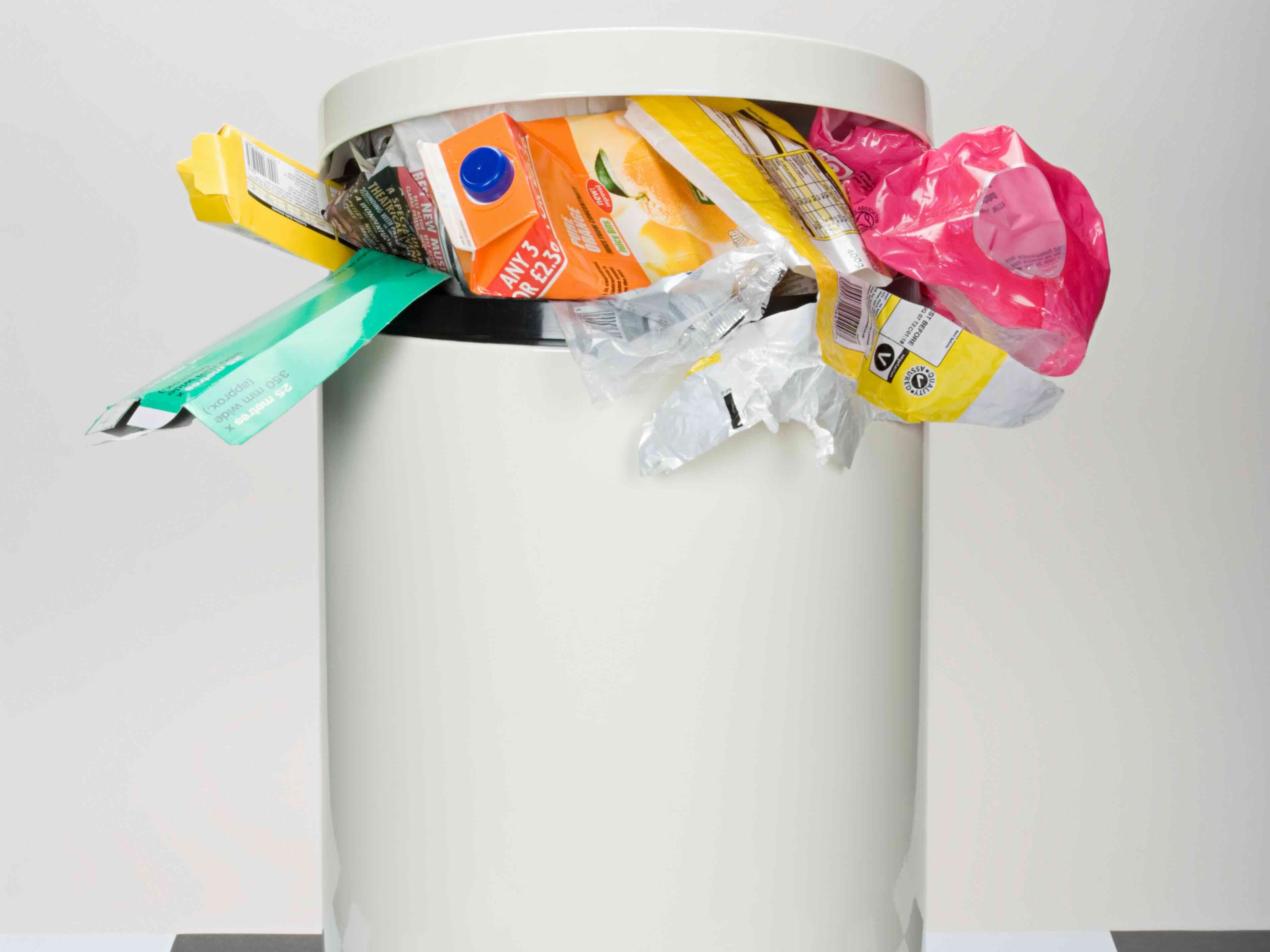
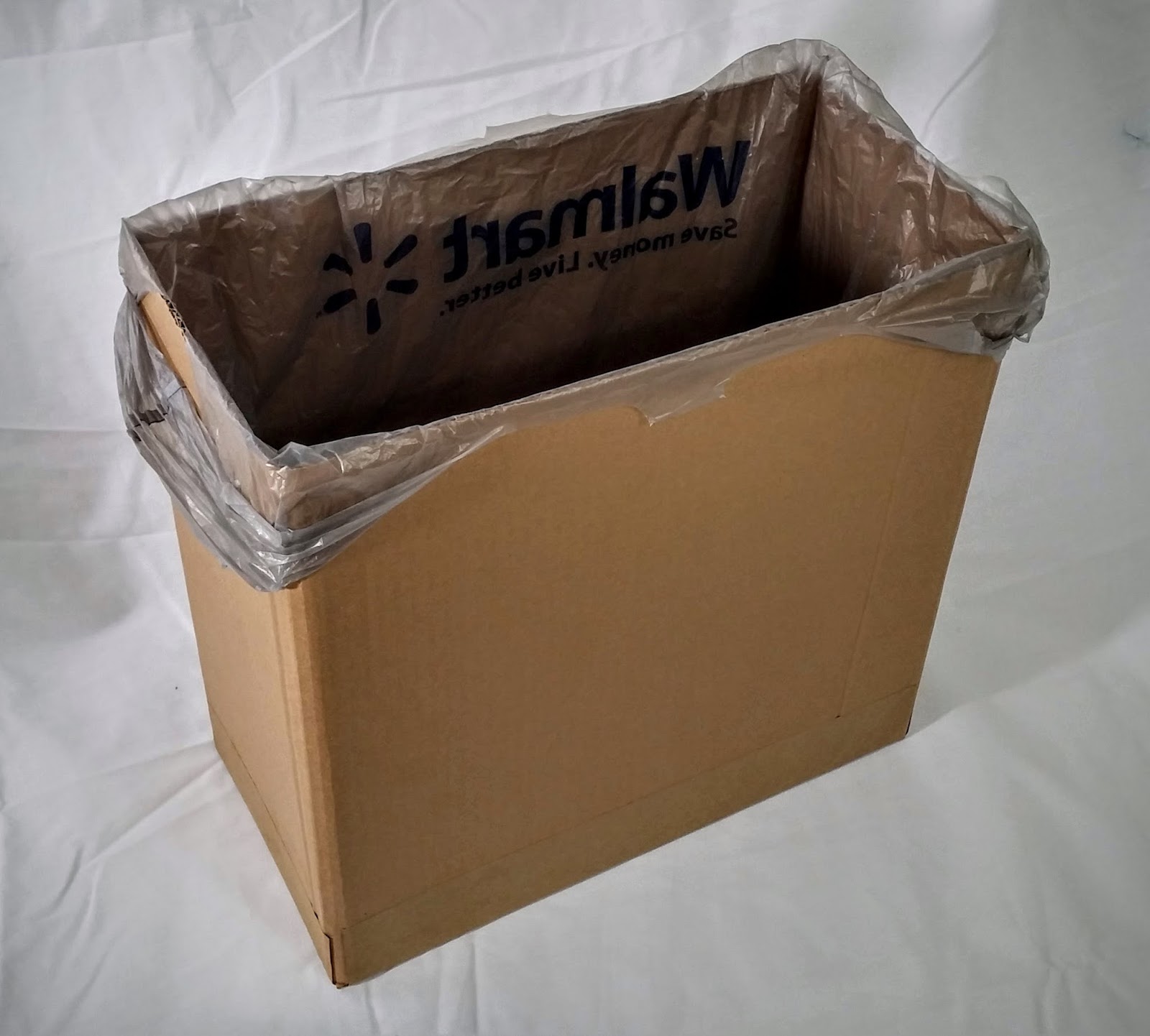
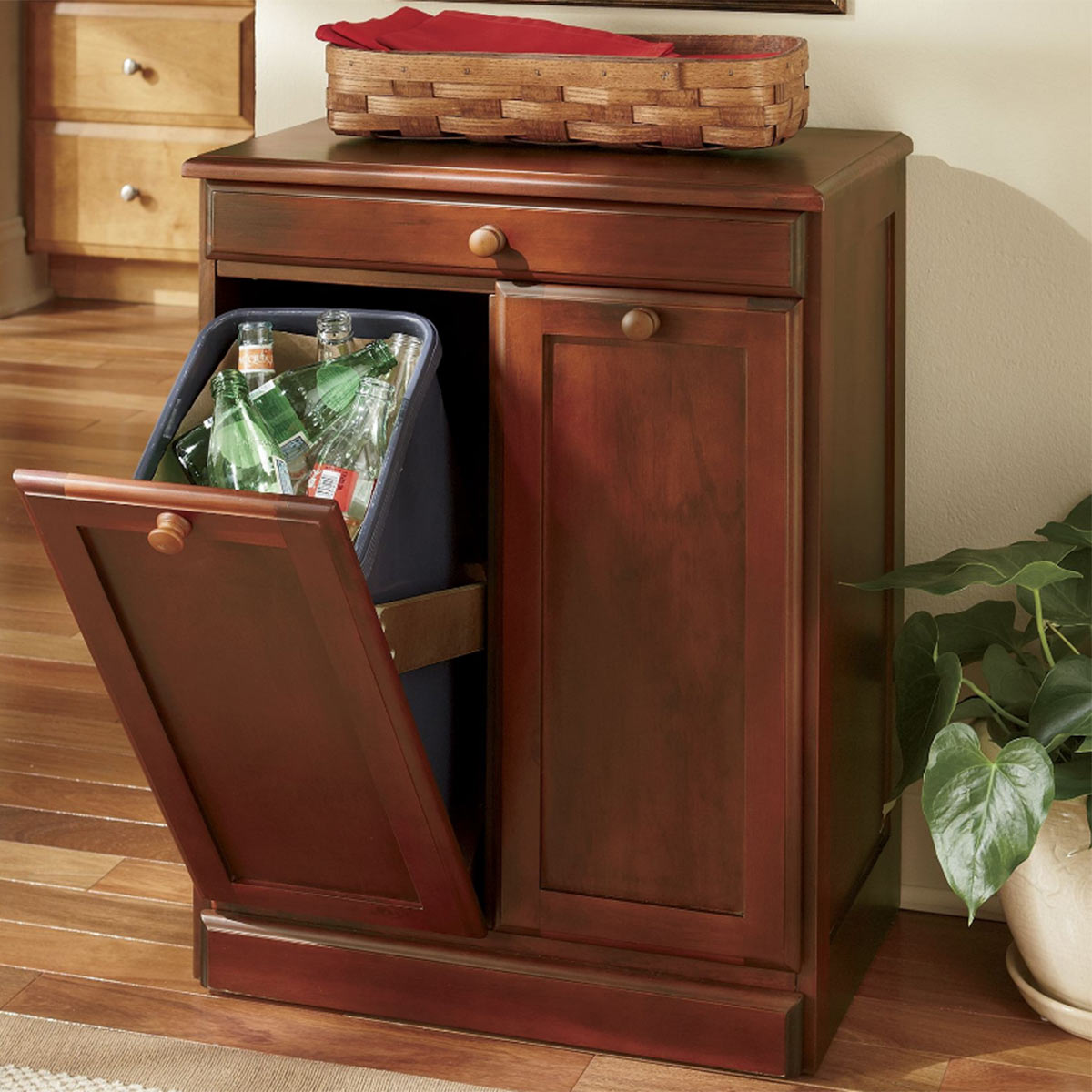
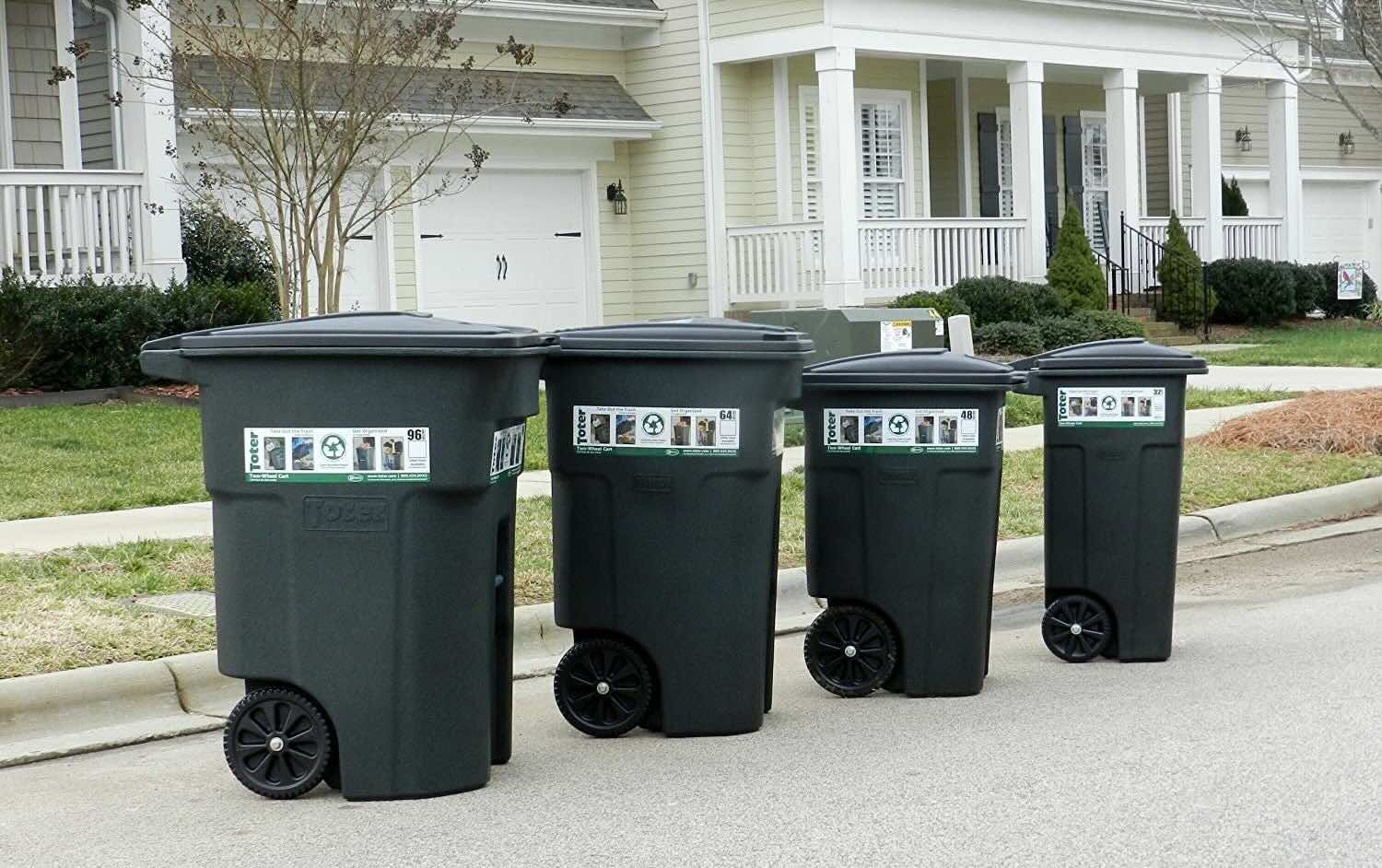
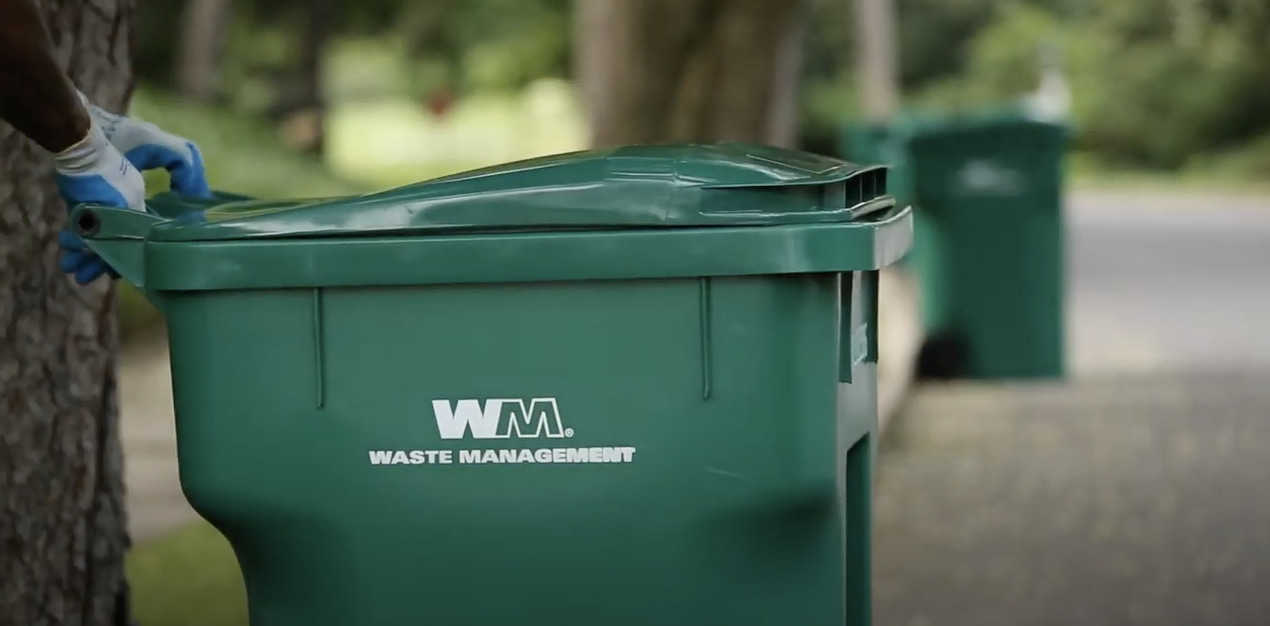
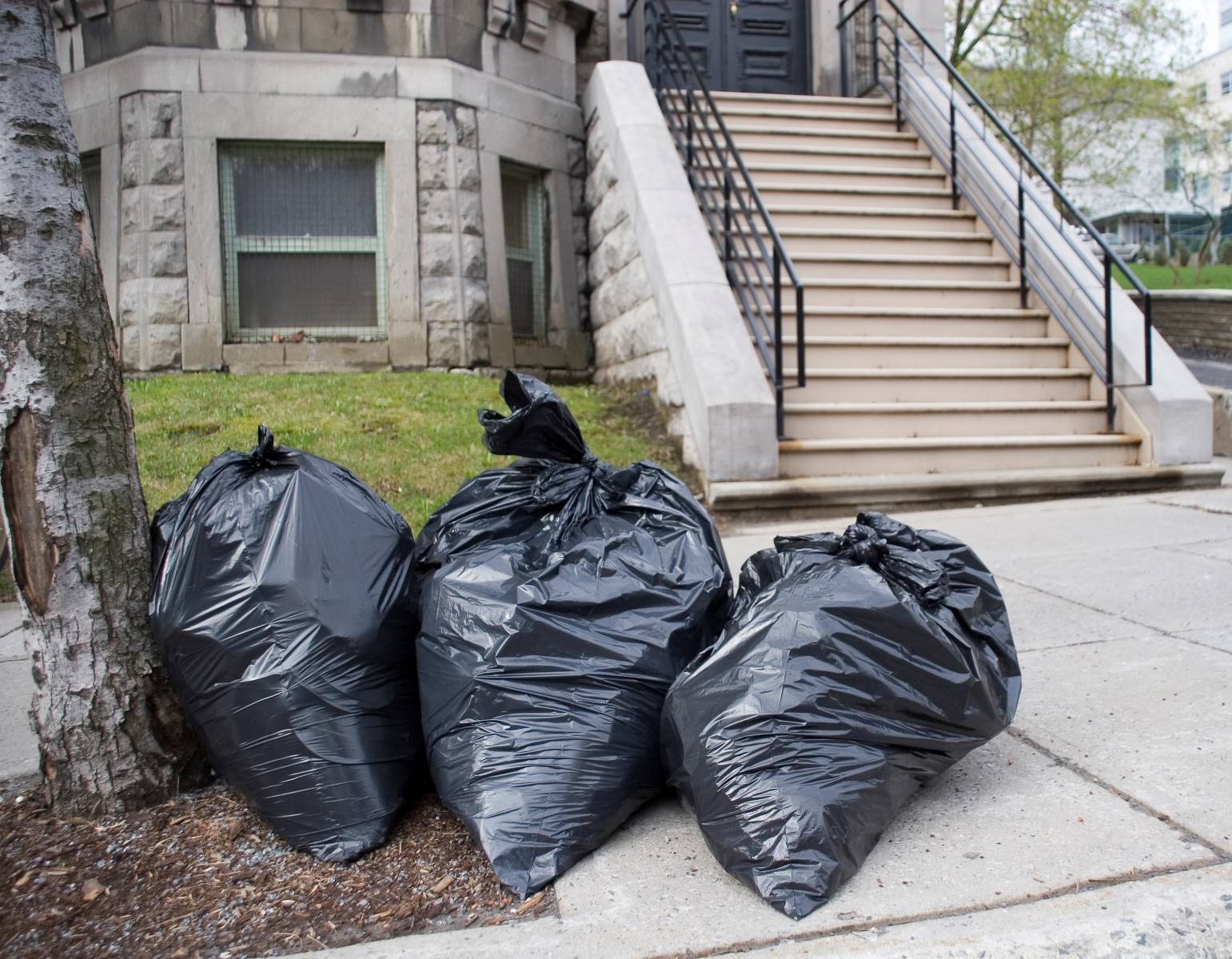
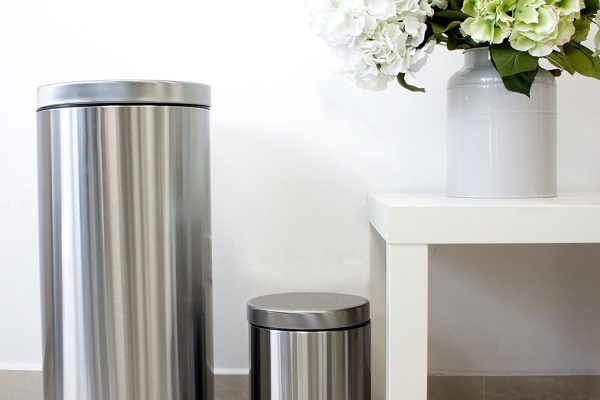
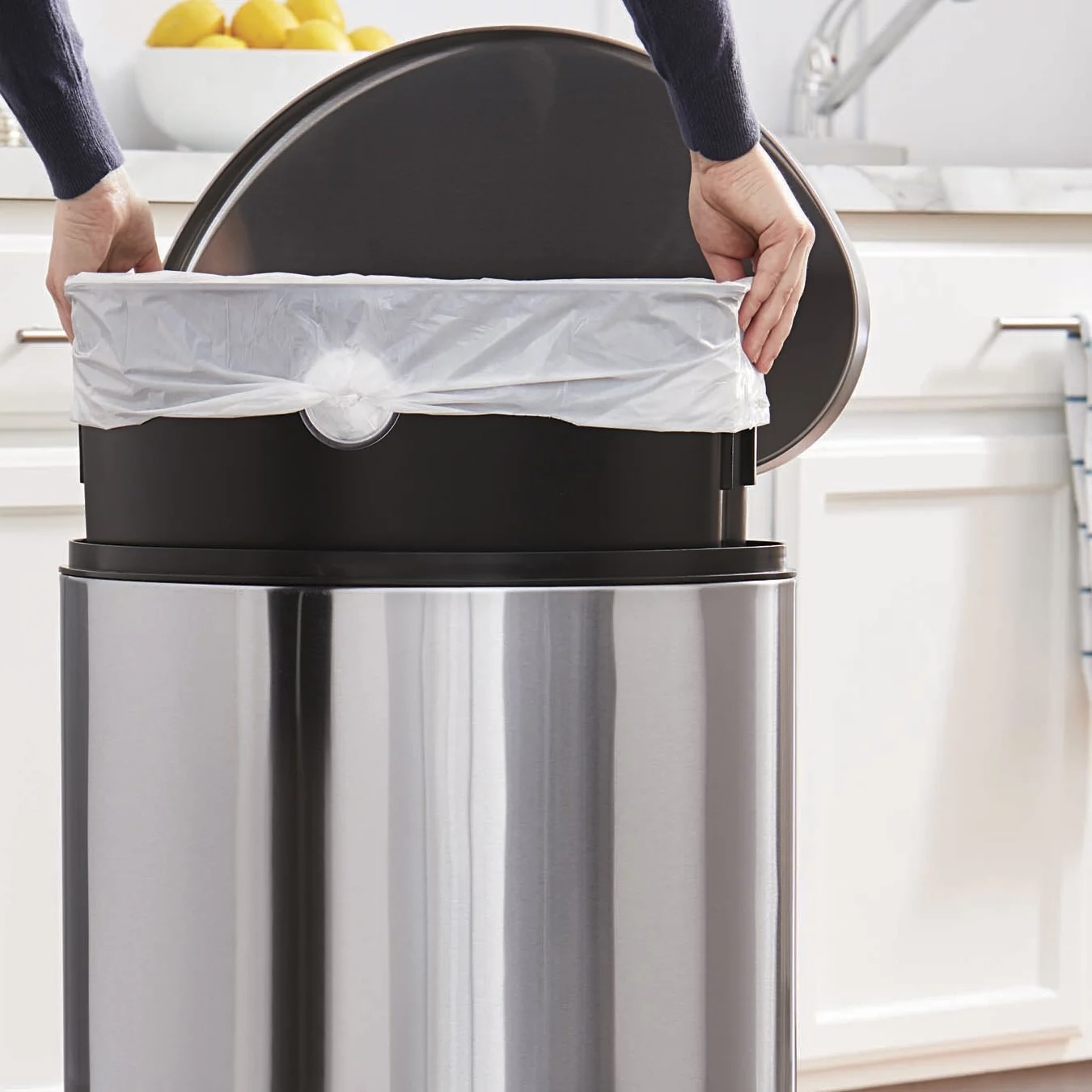
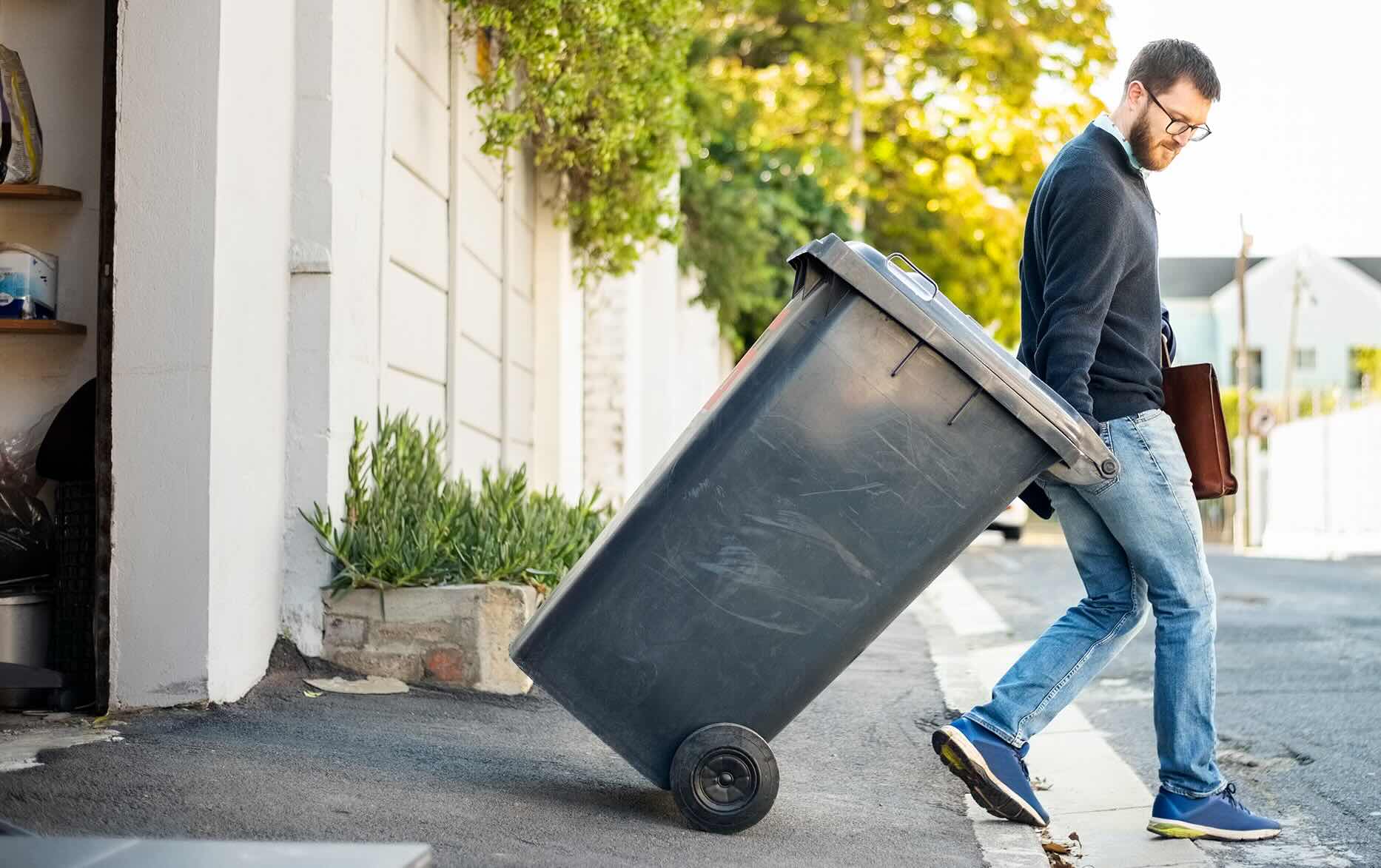
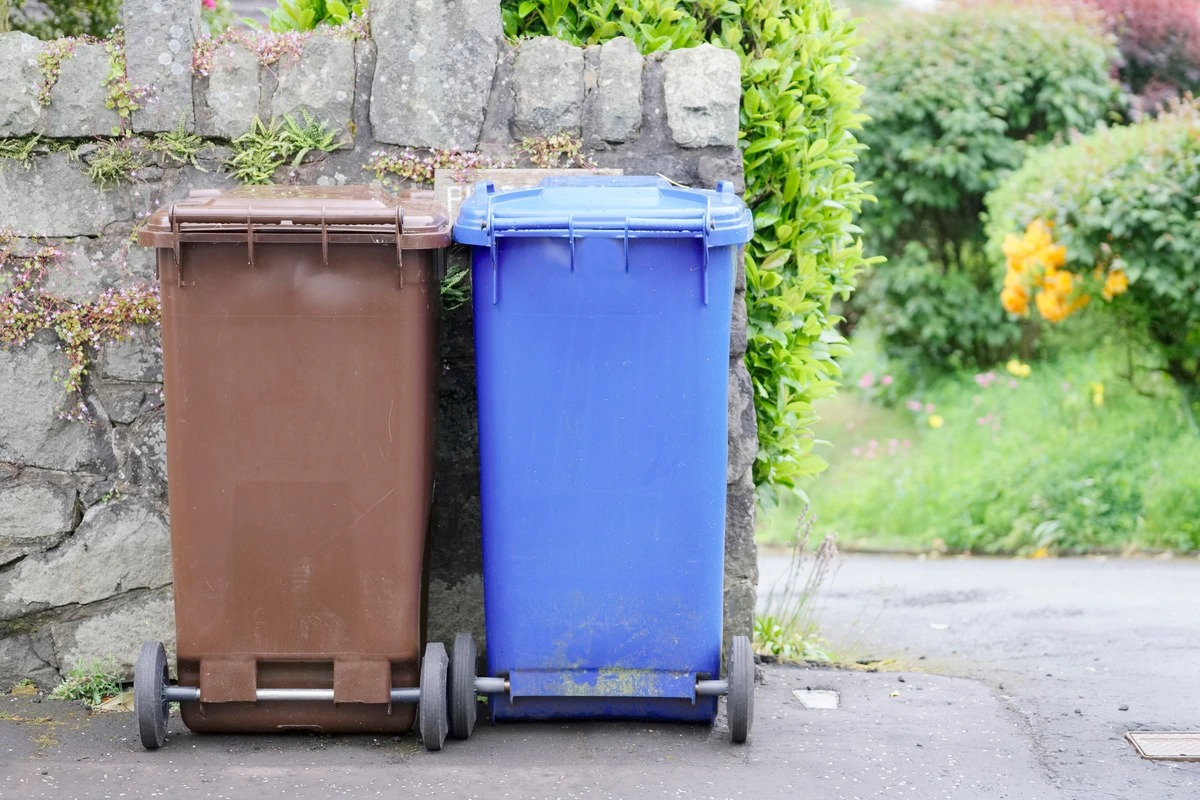
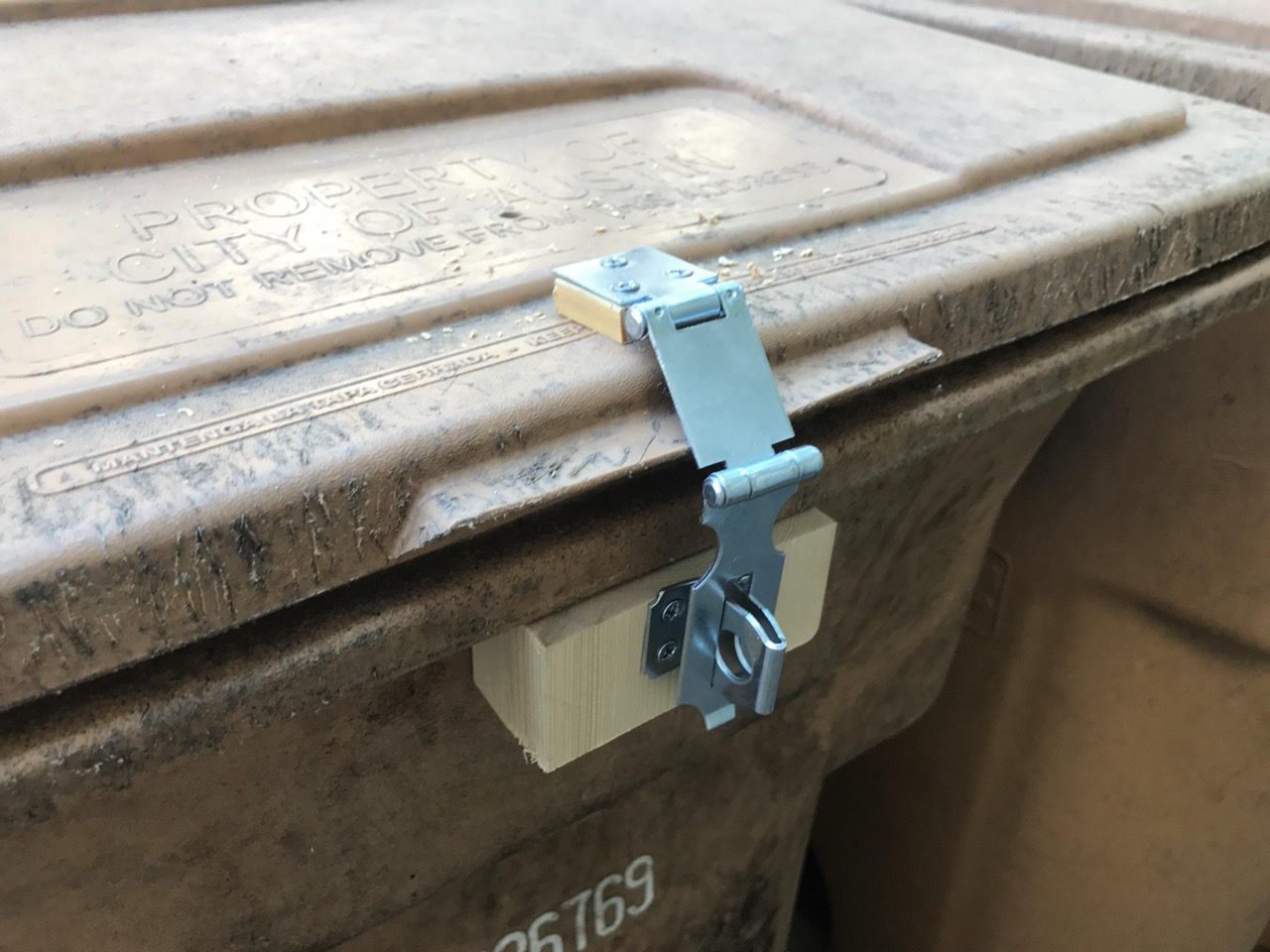
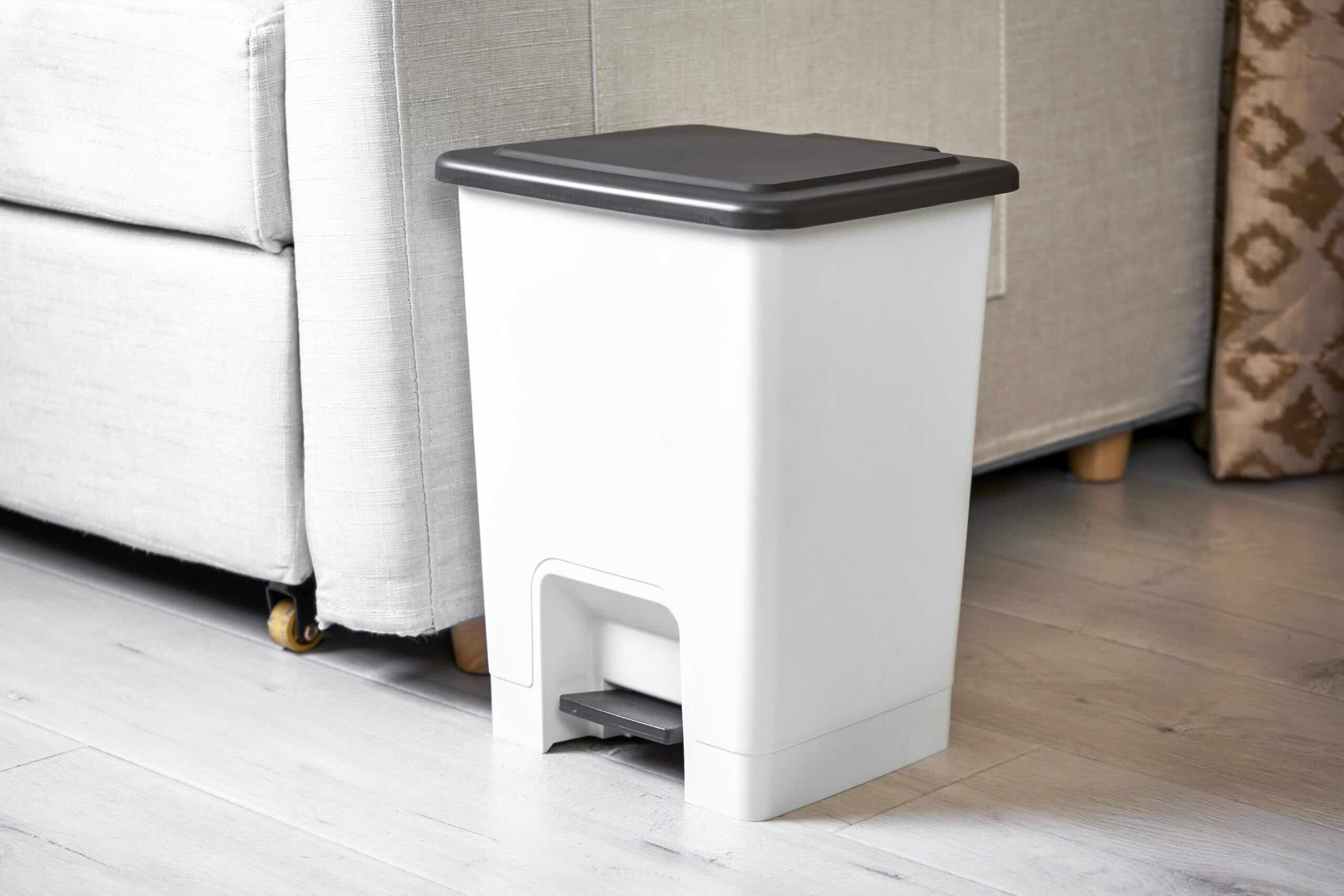
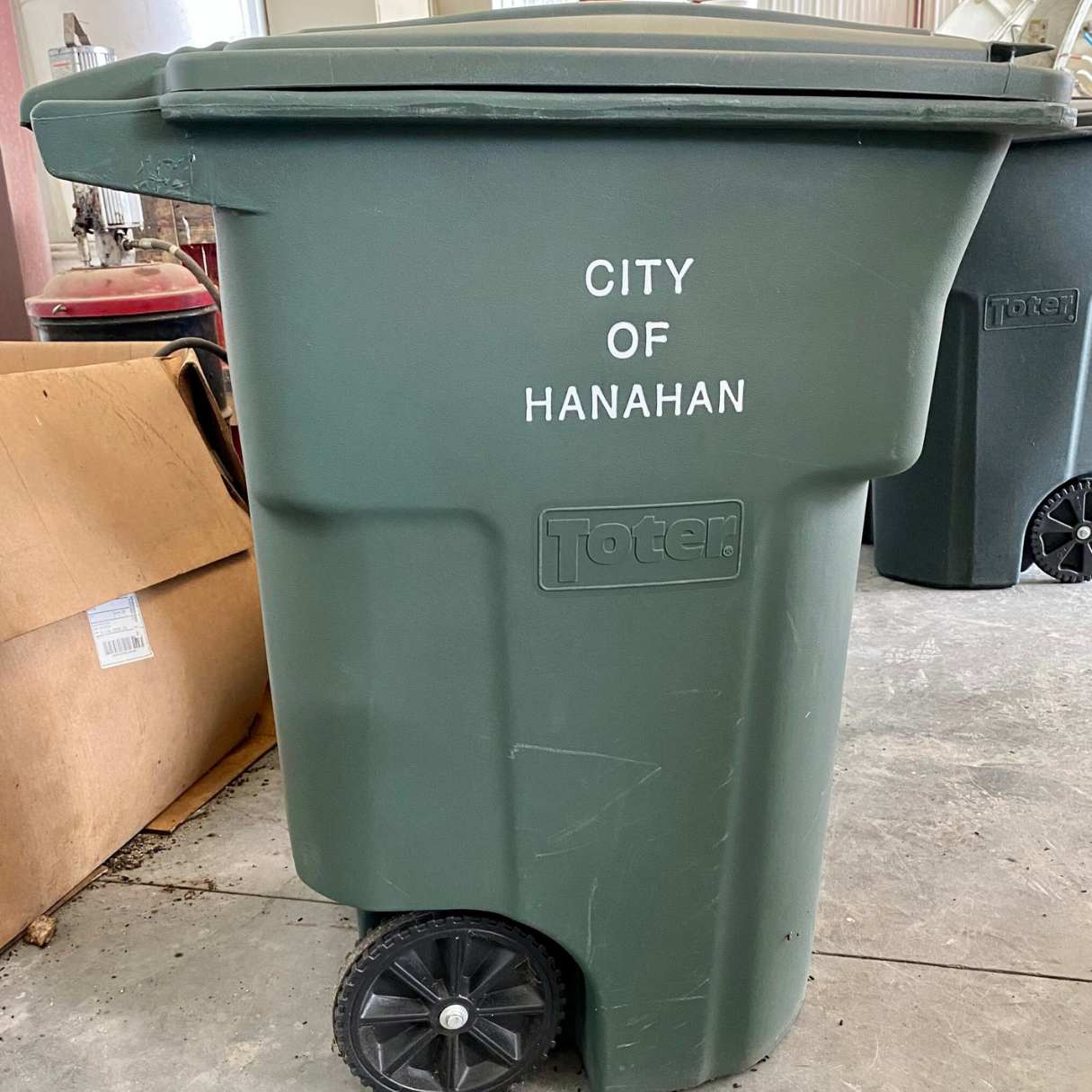

0 thoughts on “How Heavy Can Your Trash Can Be”